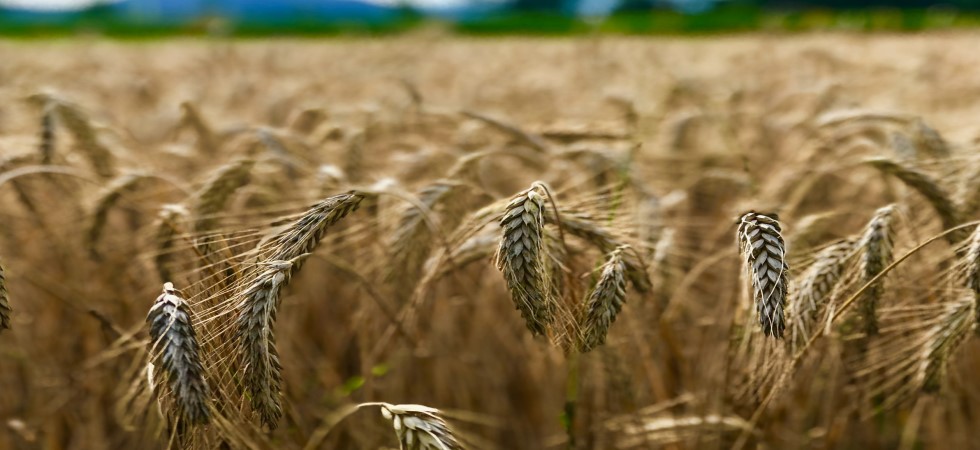New legislation to cut red tape and support the development of new technologies to grow “more resistant, nutritious, and productive crops” was introduced in Parliament last week.
The government hopes this will drive economic growth and attract investment into agri-food research and innovation in the UK, enabling the development of precision bred plants and animals.
According to a statement by government, the Genetic Technology (Precision Breeding) Bill will focus on removing current barriers to research into new gene editing technology.
The statement said: “Precision breeding technologies, like gene editing, will give UK scientists the ability to help farmers and producers develop plant varieties and animals with beneficial traits that could also occur through traditional breeding and natural processes, but in a more efficient and precise way.
“For example, precision breeding techniques could produce crops with fewer inputs, including pesticides and fertilisers, improving the sustainability, resilience and productivity of the UK’s food system. This has the potential to reduce costs to farmers and reduce impacts on the environment, as well as potentially increasing disease resistance in plants and animals.”
A mixed reaction
Tony Goodger, a spokesperson for the Association of Independent Meat Suppliers (AIMS), said: “Investment in agrotechnology provides the opportunity for more efficient food systems in the future, and this bill should help position the UK at the forefront of the technology to benefit both UK production and derive valuable sales in export markets.”
However, The British Meat Processors Association (BMPA) has expressed words of caution around the proposed bill, stating that considerations should be made in regard to traceability if the UK is to continue to trade overseas.
BMPA said: “From a trade perspective, something we should consider is how to avoid losing access to overseas markets if UK producers working to different rules are not able to adequately demonstrate traceability.
“Gene edited animals, feed and crops in our food supply chain must be able to be properly tracked, which could prove difficult and may add complication to the UK’s internal supply chain especially as the rules will only apply in England, with Scotland and Wales opting to maintain current regulation.”
The Food and Drink Federation’s chief scientific officer Kate Halliwell said: “We welcome the announcement by the UK government to create the right regulatory framework in England for precision breeding techniques to be enabled.
“While the process will take time, techniques like gene editing present clear opportunities to encourage innovation within food production and could help drive competitiveness and sustainability in the food and drink supply chain. However, it is important the UK government also considers the impact to trade so as not to raise unnecessary barriers.”
Environment Secretary at Defra, George Eustice, said: “Outside the EU we are free to follow the science. These precision technologies allow us to speed up the breeding of plants that have natural resistance to diseases and better use of soil nutrients so we can have higher yields with fewer pesticides and fertilisers.”
He added: “The UK has some incredible academic centres of excellence and they are poised to lead the way.”
National Farmers’ Union (NFU) vice president David Exwood added: “This science-based legislative change has the potential to offer a number of benefits to UK food production and to the environment and will provide farmers and growers with another tool in the toolbox as we look to overcome the challenges of feeding an ever-growing population while tackling the climate crisis.”
The second reading of the bill is expected to take place in early June, followed by a committee stage in late June or early July, and the report stage in the autumn.









